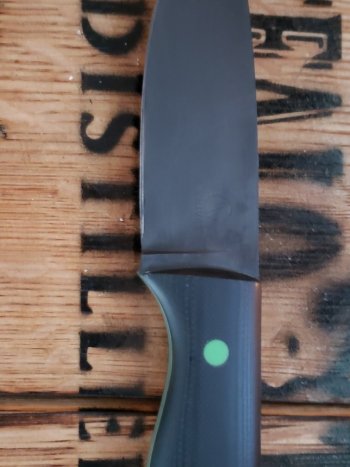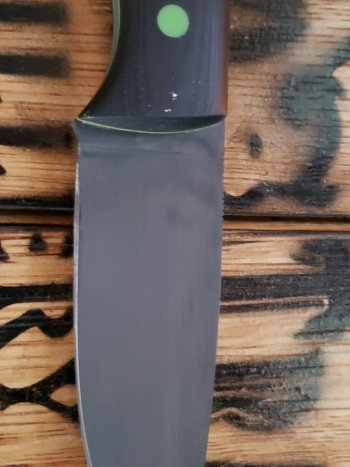I did some quickie experiments a lot of years ago and reported on them. Mickley may remember.
Anyway, as a laboratory chemist, I had never expected much from solvents purchased in a can at an Ace Hardware. I was correct. The easiest way to check this yourself:
Take your float glass plate. Clean it very well with a light (ONE DROP) of mild dish soap and rinse the heck out of it. Now rinse it with acetone. Twice. Then leave it to dry. Check the surface under bright light for a film. It'll be there, and it'll interfere with etches, epoxies, etc.
So, your industrial-grade solvents have crap in them. Go figure. If you want super clean, buy a quart of "electronics grade" from AMZ. At the same time, buy one of those "boatload of cheap cotton rags" and use those instead of paper towels or tissue when you have a critical application. Paper products usually have emollients, fragrances, and a load of other chemicals. They all leave residues.
One note: I would gladly entertain any arguments to this reasoning right now. Over on another forum, a person who was not well informed called me stoopid and said I didn't know what I spoke of. 5 years after the fact. Pity I wasn't there for the repartee'.
Clean is everything in lab chemistry. So, I learned a bit along the way. Rinse with distilled water and hang to dry or wipe with clean cotton (NO DAMNABLE BOUNCE).





